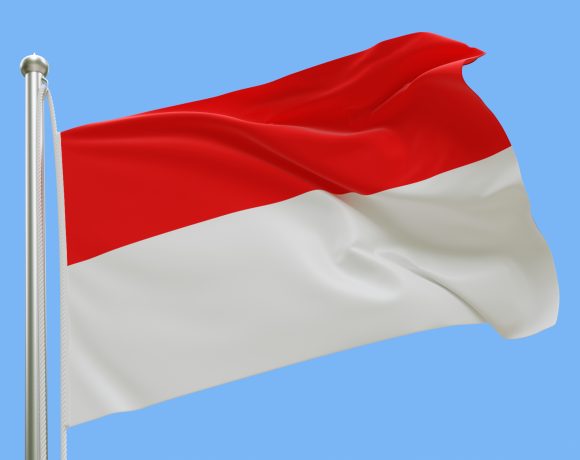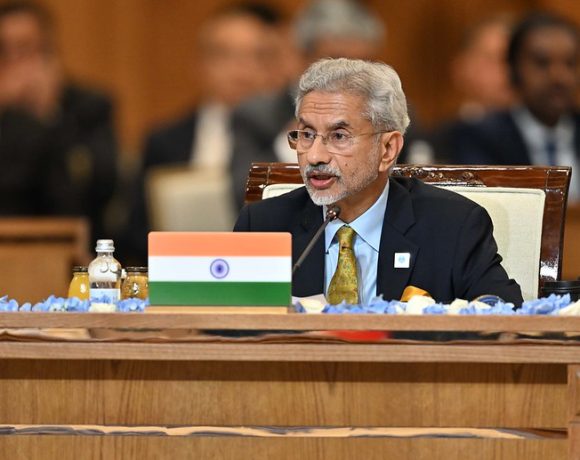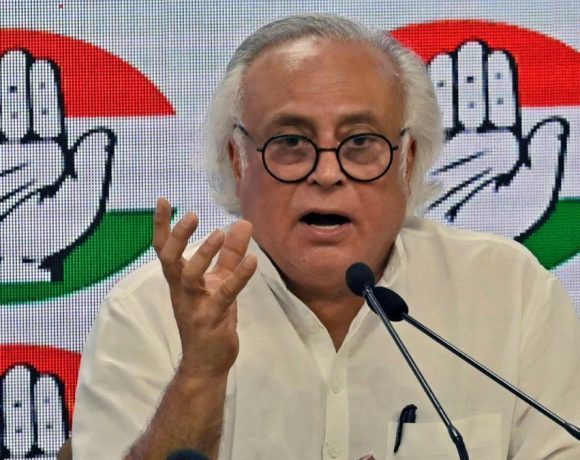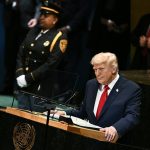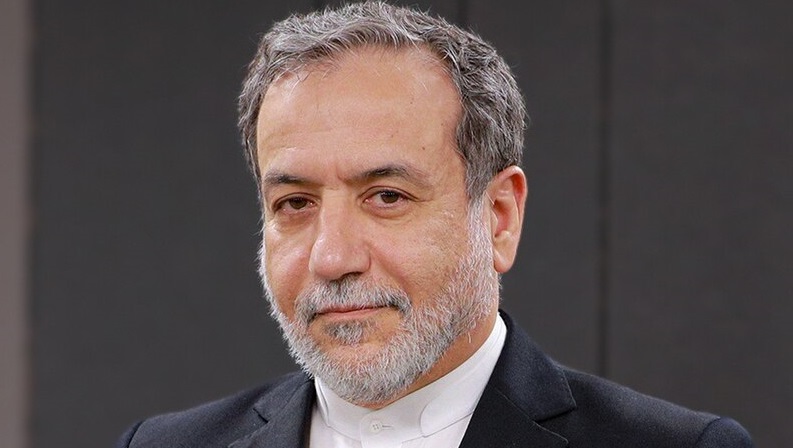
Iran to Hold Nuclear Talks with UK, France & Germany
Iran has agreed to resume nuclear negotiations with the United Kingdom, France, and Germany, collectively known as the E3. The discussions are set to take place on July 25 in Istanbul and will include deputy foreign ministers from each country. This marks the first formal round of direct talks between Iran and the E3 since last month’s military tensions.
Focus on Security and Nuclear Limits
Iran is expected to demand security guarantees during the talks, especially following recent airstrikes on its nuclear infrastructure. The country has consistently maintained that its nuclear programme is for peaceful, civilian purposes and denies any ambitions to build nuclear weapons. However, its uranium enrichment levels—reportedly reaching close to 60% purity—have raised international concern.
The E3 nations are likely to press Iran for renewed cooperation with the International Atomic Energy Agency and compliance with the 2015 nuclear agreement terms. The main areas of discussion will include enrichment caps, facility inspections, and limits on advanced centrifuges.
Sanctions Threat If Talks Fail
The E3 has made it clear that if significant progress is not achieved by the end of August, they will move to reimpose UN sanctions through the “snapback” provision of the nuclear deal. This clause allows sanctions to be automatically restored if Iran is found to be non-compliant.
Regional and Global Implications
These talks are taking place in a tense regional atmosphere, with Israel and the United States taking a more aggressive stance toward Iran’s nuclear development. Earlier mediation efforts involving Oman and indirect contacts with the United States were disrupted following military strikes. Iran is now seeking written assurances that it won’t be targeted again if negotiations resume.
What This Means for Global Stability
A successful outcome could reduce tensions in the Middle East and ease pressure on global energy markets. On the other hand, a breakdown in talks may invite further sanctions, disrupt oil supplies, and increase the risk of military confrontation. Diplomats believe the coming weeks will be critical in shaping the direction of the region’s nuclear future.



